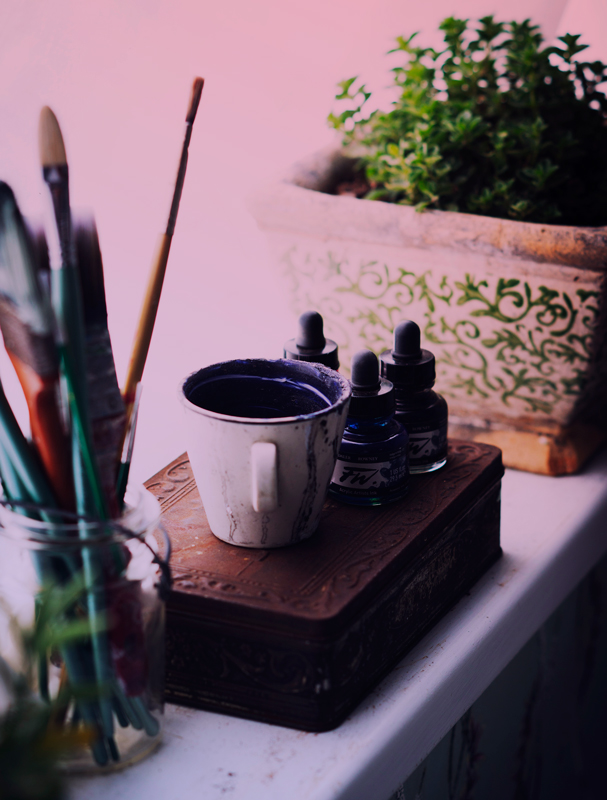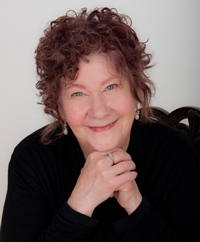Am I Good Enough?

01 December 2022
Artists have asked me “Am I good enough to offer a workshop? Am I a good enough artist to teach anything? Are people interested in what I have to offer? Do I have enough material for a workshop or class or retreat?”
The short answer is Yes. Probably. As artists, we’re often vulnerable to self doubt. We put our guts into our work, and put those guts on public display. Yikes! We tend to work alone. We stay hunkered down in isolated self-review. Isolation can lead to negative thoughts which can can erode our creative confidence. Maybe all you need is a confidence boost.
Use these four ideas to help shore up your self-confidence.
1. Inventory Your Skills
A list of your skills will help remind you how much you know that less experienced artists might not.
The creative force which drives most of us means we’re always working to make better art. We explore new territory, try new approaches or mediums. We add new vocabulary and skills. We're busy and focused. It's easy to forget that we've engaged in that investigation for years, and how much we actually know!
2. Inventory Your Students’ Needs and Desires
Make a list of takeaways you think your students might want or need. If you've taught any workshops or classes, what questions have your students asked?
If you're teaching a workshop for the first time, do a sit-and-think. Make a list of any questions you might have had as a student.
Students don’t have the same breadth of information that you have - or they wouldn’t be looking at your offerings.
Remind yourself how it felt when you started out. What emotional support will your students need? It takes personal courage to take an art class, especially for beginners. Think about how to offer encouragement, reassurance, simple, clear directions. Most of all, create a safe harbor for your students.
3. Create Exercises to Offer Tips or Skills
As a creator, you’ve developed your own techniques, short-cuts, tool sets and art skills. Review these against the inventory of your students' needs. The little things you know might be very useful for folks taking your workshop. Even the simplest of tips might illuminate someone’s efforts. I once showed a student how to clean and condition her brushes. (Something I myself had learned in a workshop - don't know why I didn't get that in art school). She told me years later that tip had transformed her life! Brushes aren't cheap, right? And it empowered her to value and honor her tools, thus her work, thus herself as an artist.
4. "Less is often more". Give them time, not quantity.
I promise, you don’t need as much material as you might think for a successful workshop. Of course you want to inspire and inform your participants. But you also want to allow them time to absorb the information you give them.
Make room for people to explore new ideas. This creates the conditions for them to have a transformational experience. And it will light up their lives.
